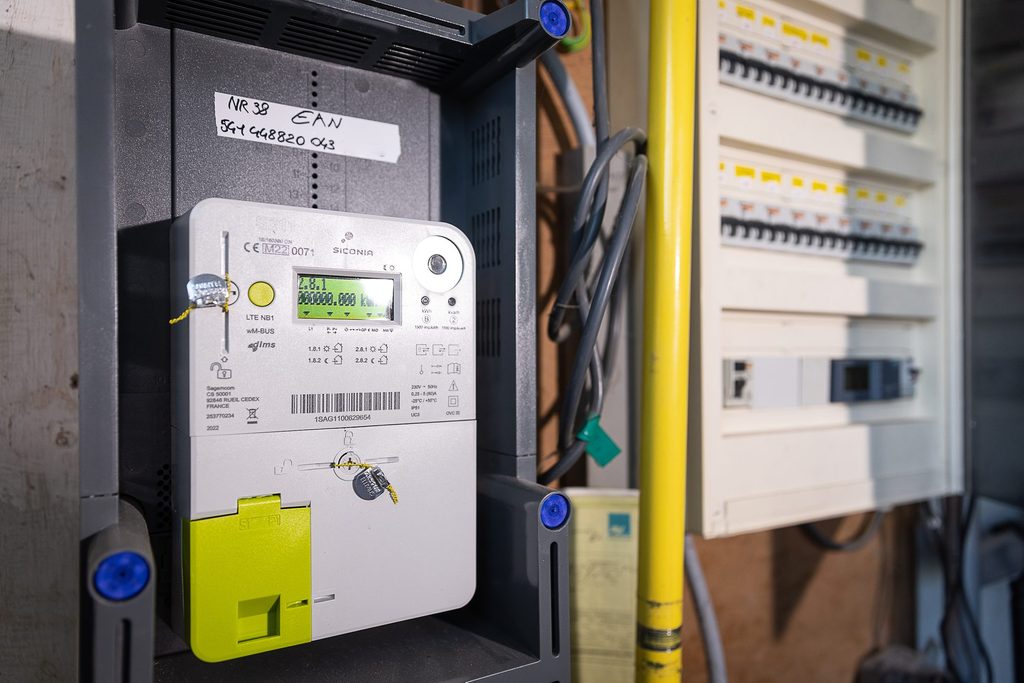Recent incidents involving RESA, the main gas and electricity network operator in the Liège region, have sparked concerns over the compulsory installation of smart meters (which are able to measure electricity fed into and consumed from the grid) in Belgium.
Several complaints have surfaced regarding RESA's aggressive policy of enforcing the installation of smart meters. The network operator has sent letters, made phone calls, and even threatened power cuts to persuade customers to change their meters. After a significant delay and legal intervention, some individuals received apologies from RESA.
Charlotte Quevedo, RESA's spokesperson, told RTBF recently that smart meters contribute to understanding energy consumption patterns and the evolving energy landscape, including the rise of heat pumps, photovoltaic panels, and electric cars. While concerns over privacy intrusion exist, he noted, the installation of smart meters is intended to benefit the community by optimising energy usage and planning for the future.
Until the end of 2023, energy consumers in the Walloon Region have the option of declining both the meters and its communicating function. From 2024, they can only refuse the communicating function.
In Wallonia, the installation of a smart meter initiated by the network operator is free. However, if the customer specifically requests a smart meter, the cost is €160 excluding VAT. There may be additional costs if the meters' replacement necessitates modifications to the electrical installation. The Brussels Region follows a similar policy.

